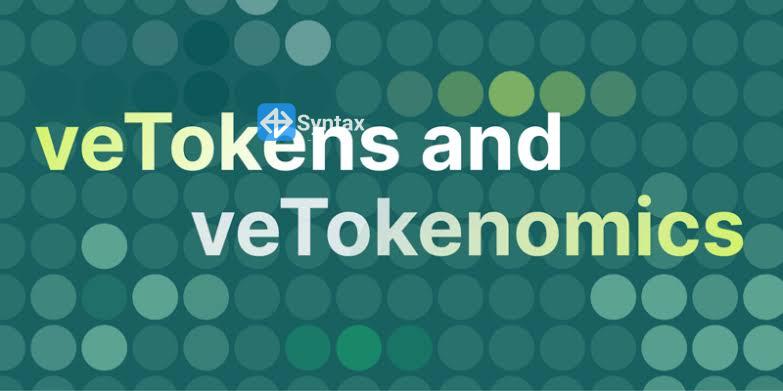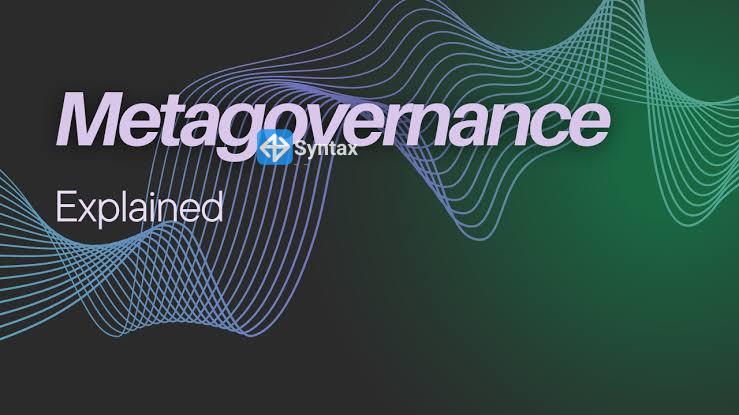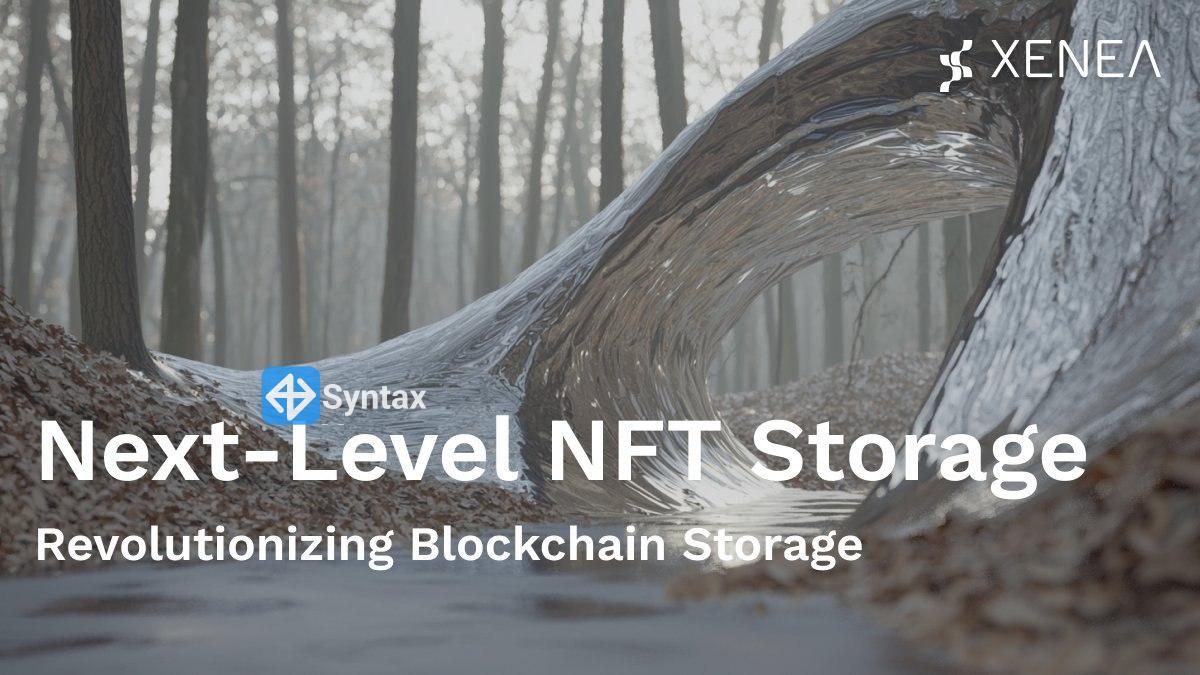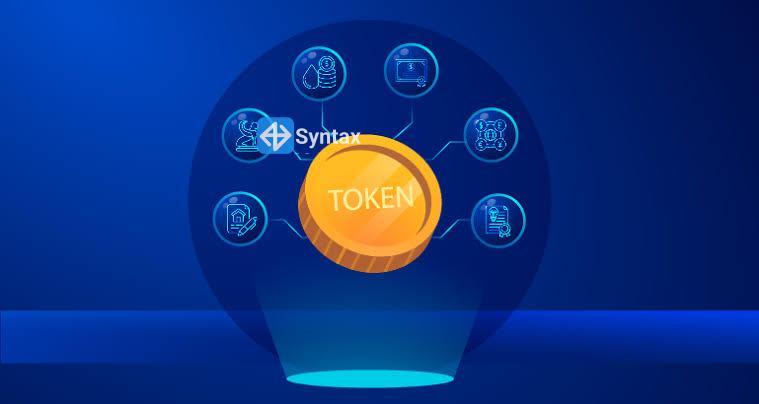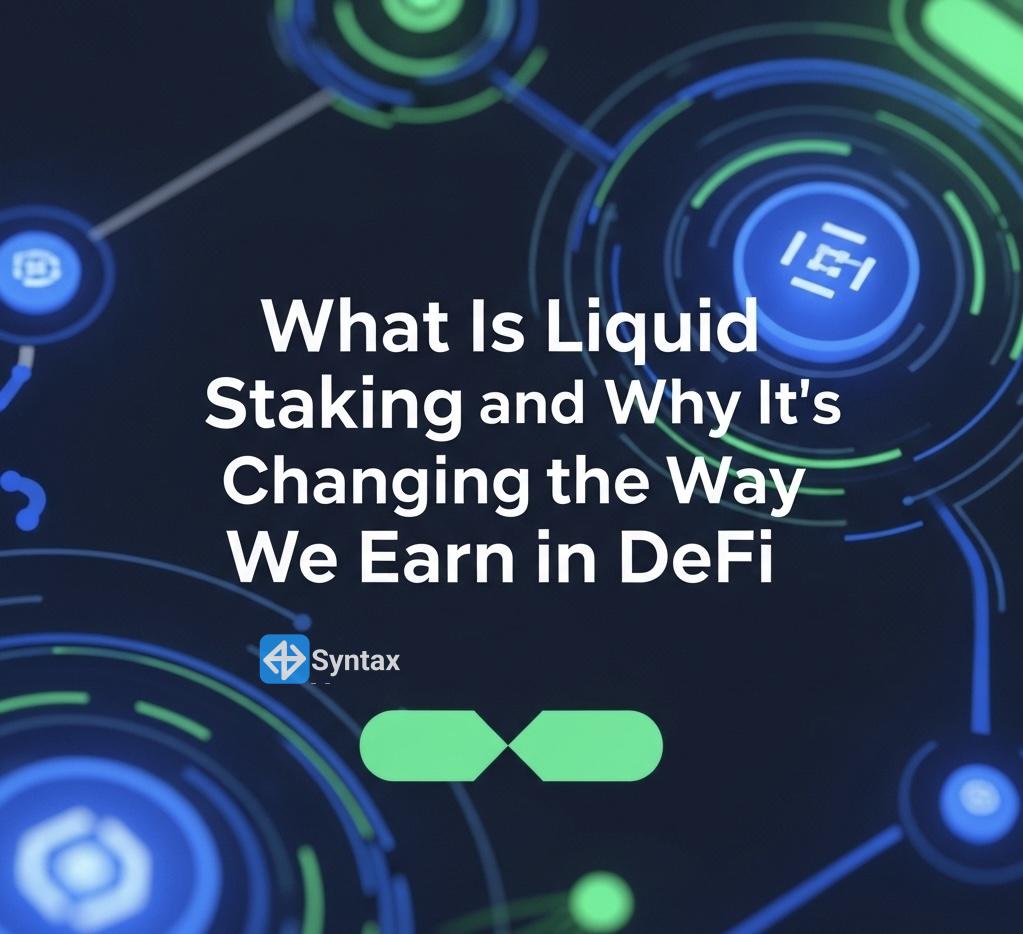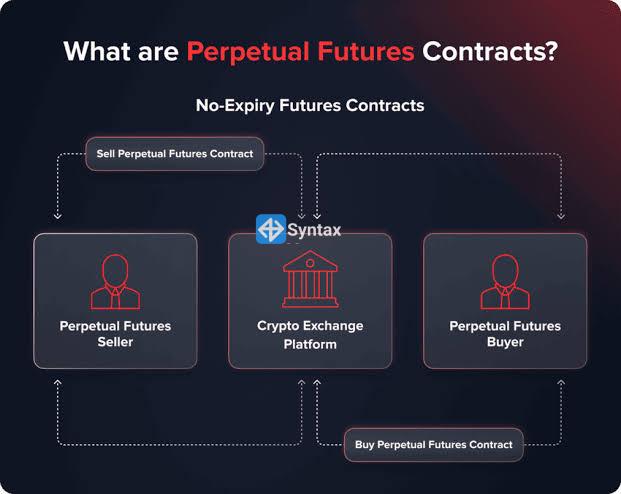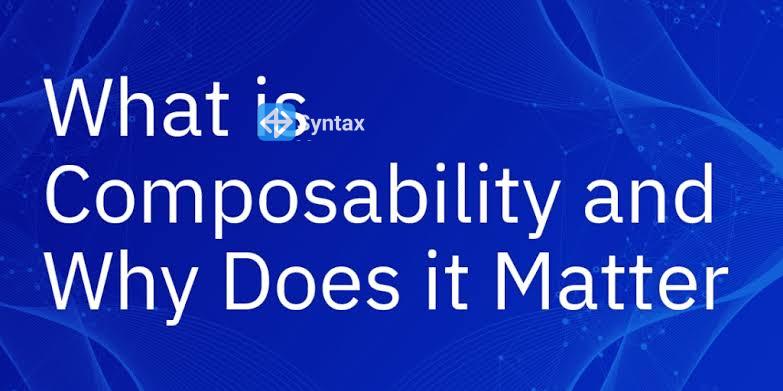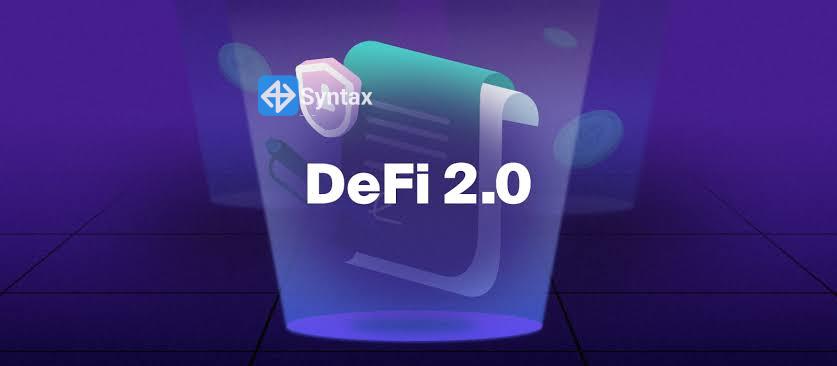When people think of cryptocurrencies, Bitcoin often comes to mind first. However, the blockchain space is full of other innovative projects that serve very different purposes, one of them being Filecoin. While both operate on decentralized networks and use native tokens, their goals, technologies, and applications are worlds apart.
Let’s explore the key differences between Bitcoin and Filecoin so you can better understand how each fits into the crypto landscape.
1. Purpose and Use Case
- Bitcoin (BTC): Primarily designed as a digital currency and store of value. Its main purpose is to facilitate peer-to-peer payments without the need for intermediaries like banks.
- Filecoin (FIL): Built as a decentralized data storage network, allowing users to rent out or purchase secure storage space from a distributed network of providers.
2. Network Function
- Bitcoin: Focuses on processing financial transactions and maintaining an immutable ledger of payments.
- Filecoin: Operates as a storage marketplace where users store, retrieve, and manage data securely.
3. Consensus Mechanism
- Bitcoin: Uses Proof-of-Work (PoW), where miners compete to solve cryptographic puzzles to validate transactions.
- Filecoin: Utilizes Proof-of-Replication (PoRep) and Proof-of-Spacetime (PoSt) to verify that storage providers are storing data correctly and consistently over time.
4. Token Utility
- BTC: Mainly used for payments, trading, and as an investment asset.
- FIL: Used to pay for storage, retrieval, and transaction fees within the Filecoin network, as well as to reward storage providers.
5. Market Perception
- Bitcoin: Seen as “digital gold” , a hedge against inflation and a store of value.
- Filecoin: Viewed as a decentralized alternative to cloud storage, aiming to disrupt services like AWS, Google Drive, and Dropbox.
If you’re interested in finance and long-term value storage, Bitcoin might be your choice. If you’re fascinated by decentralized infrastructure and cloud storage disruption, Filecoin could be worth your attention.



